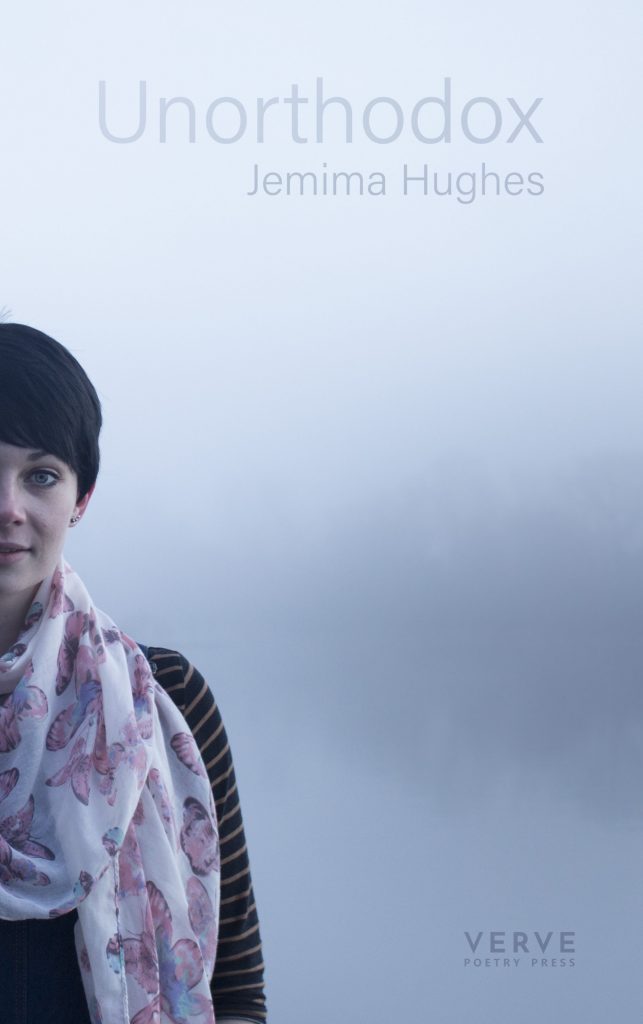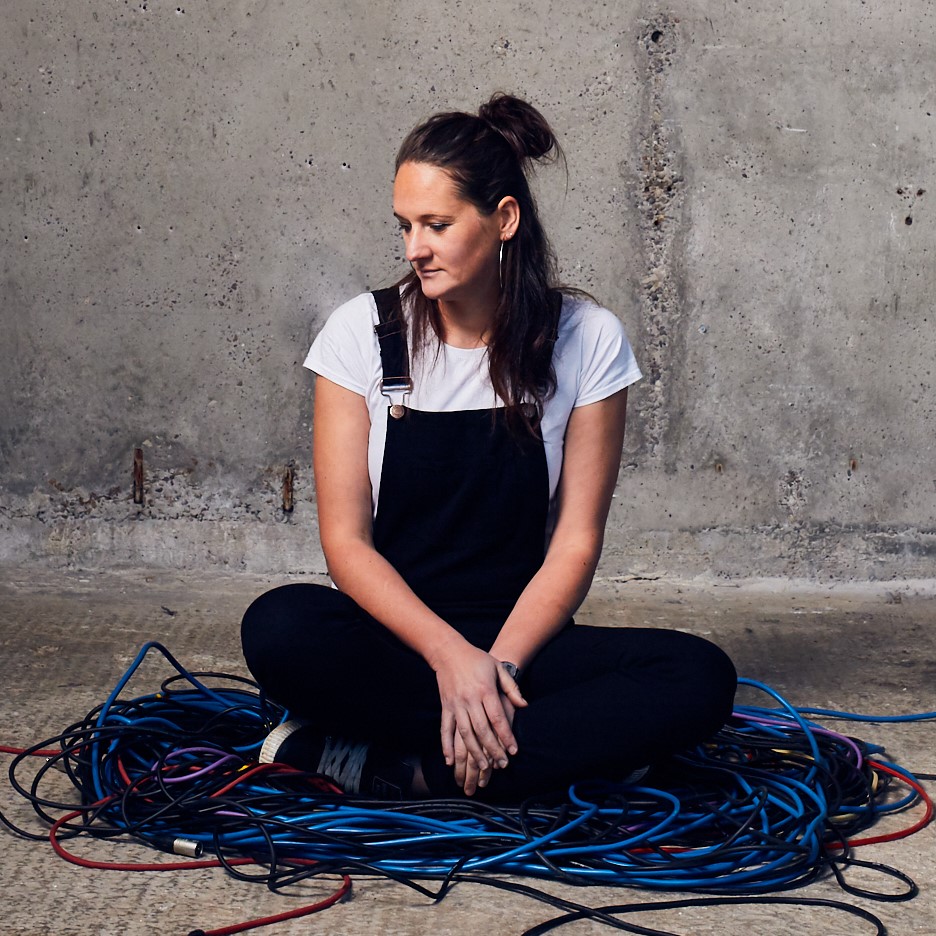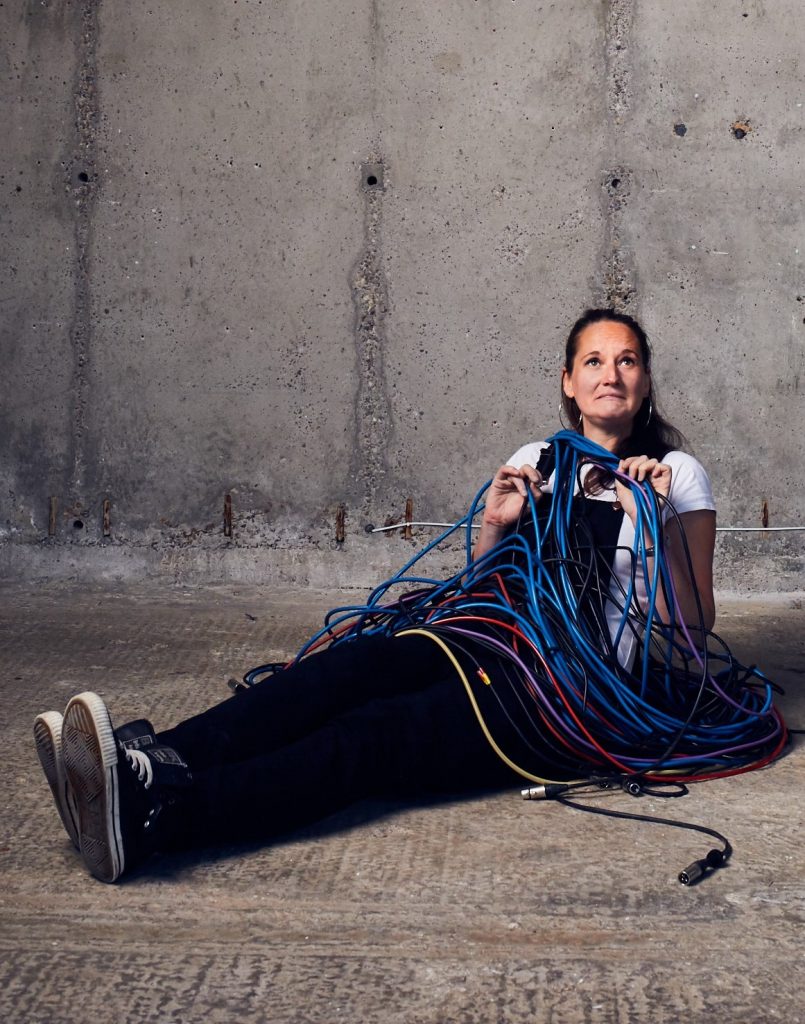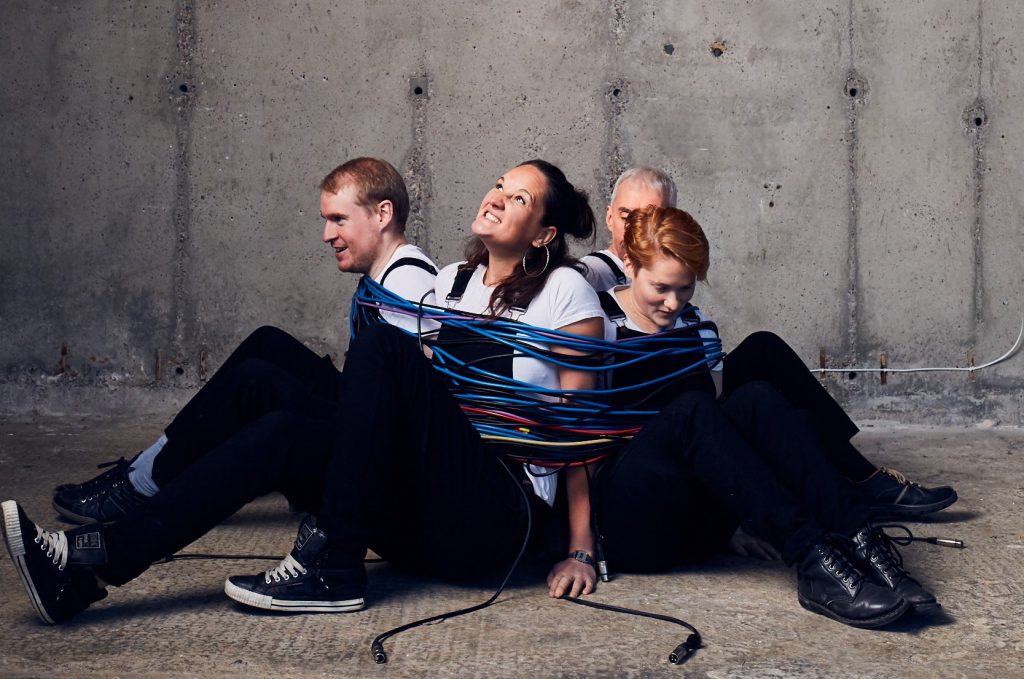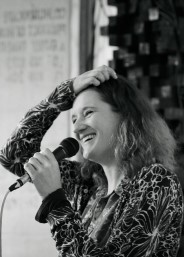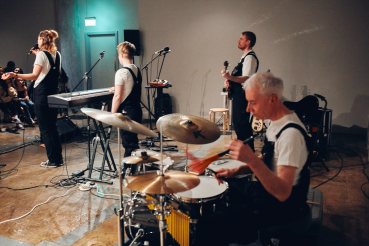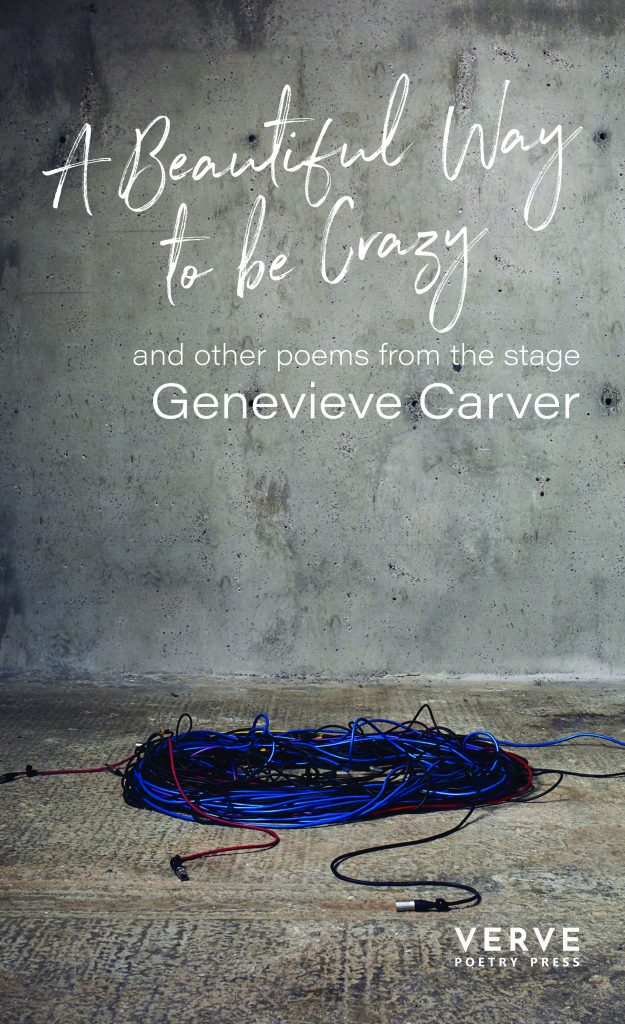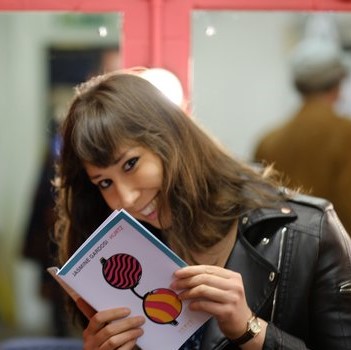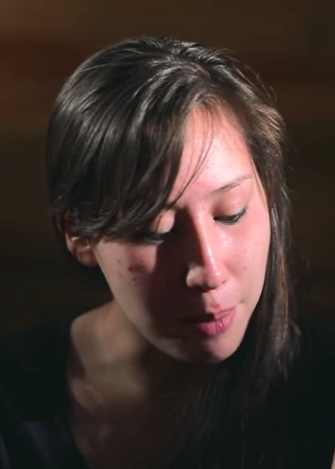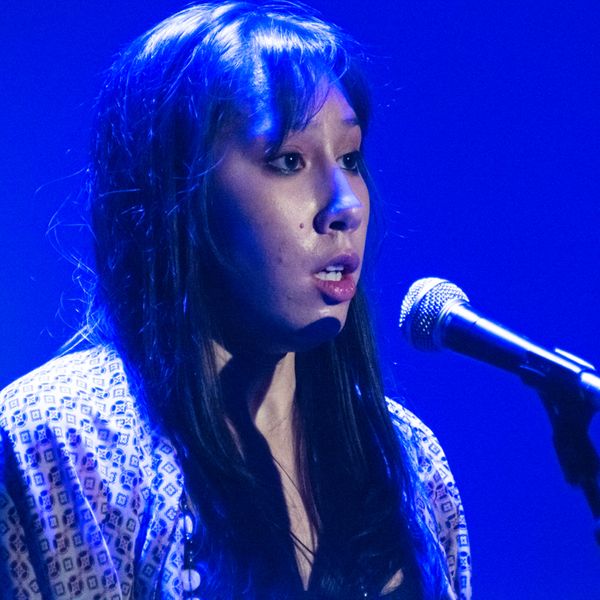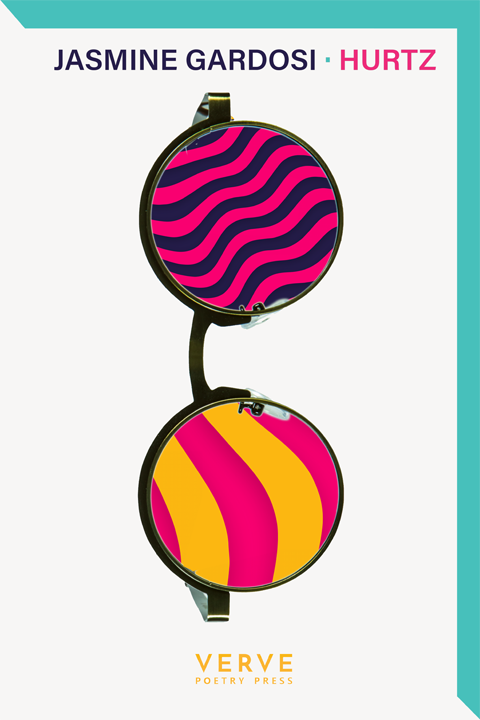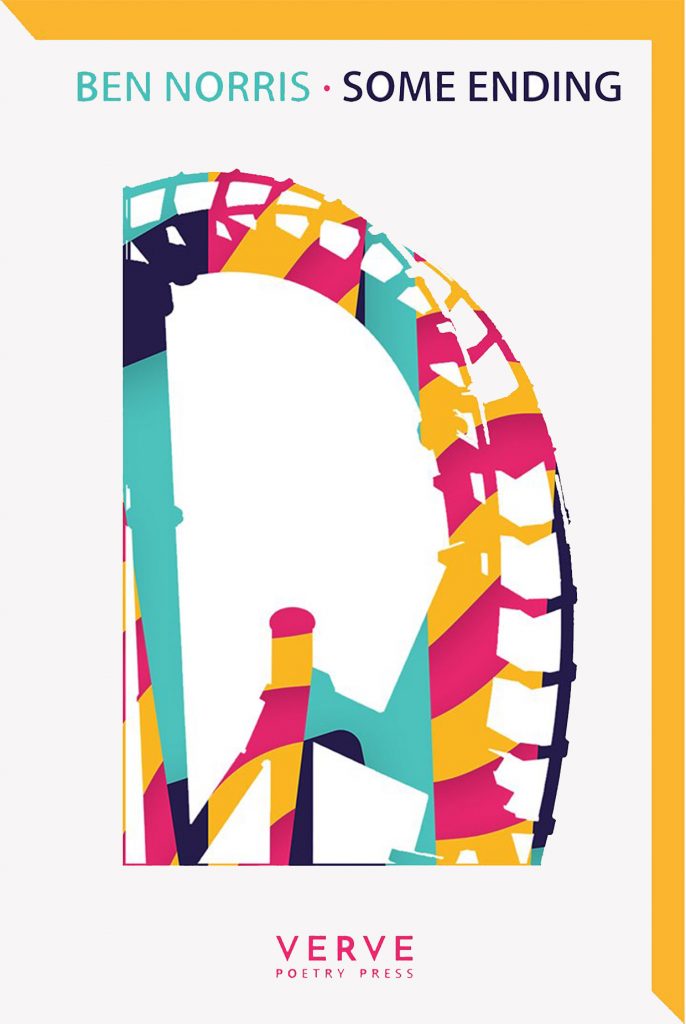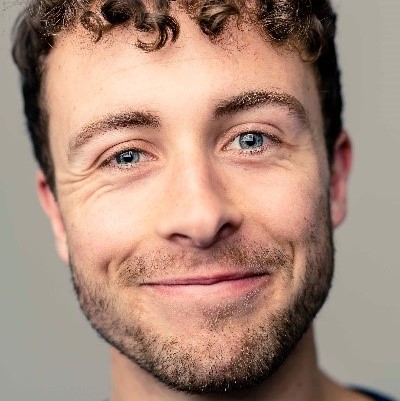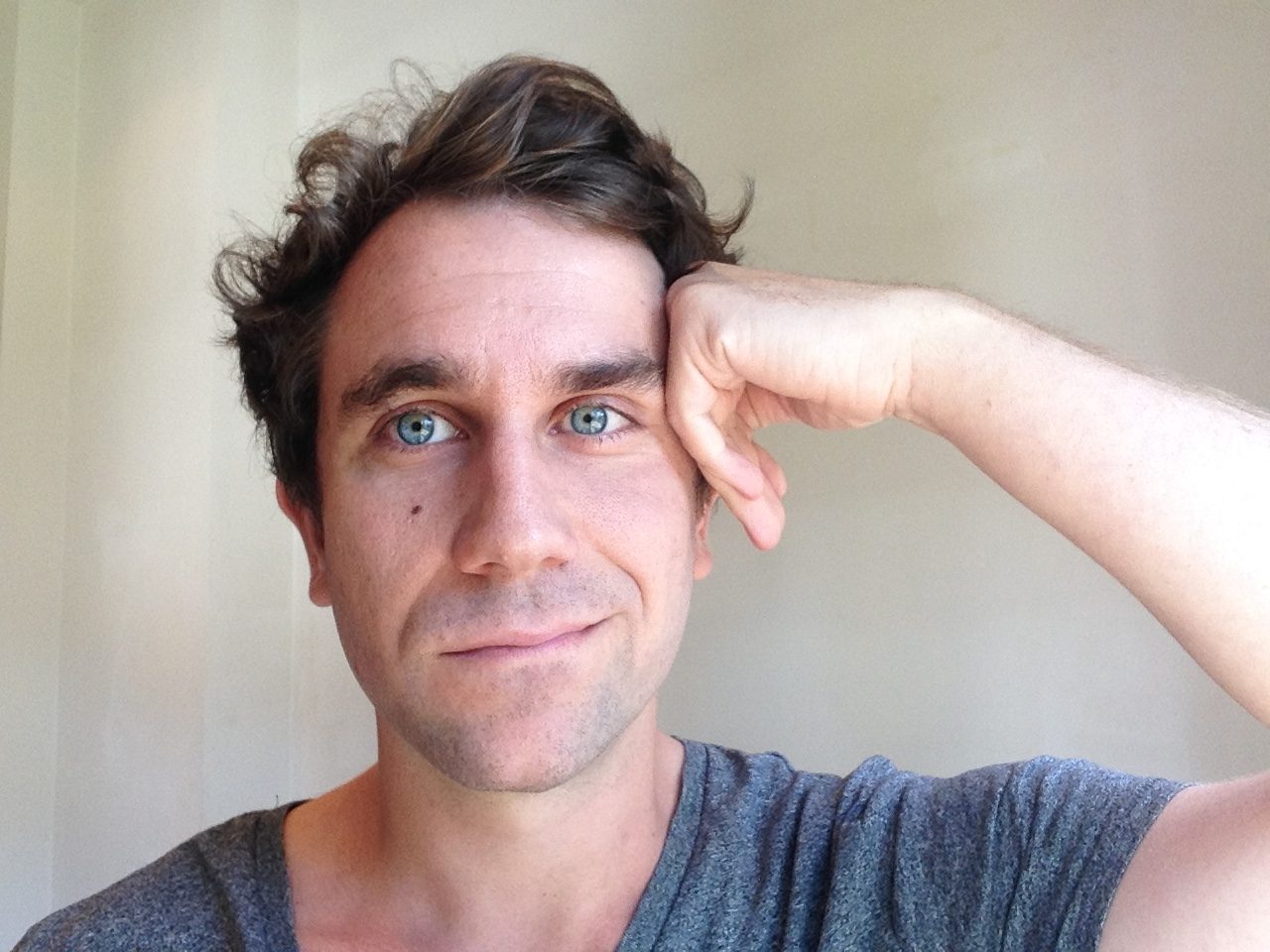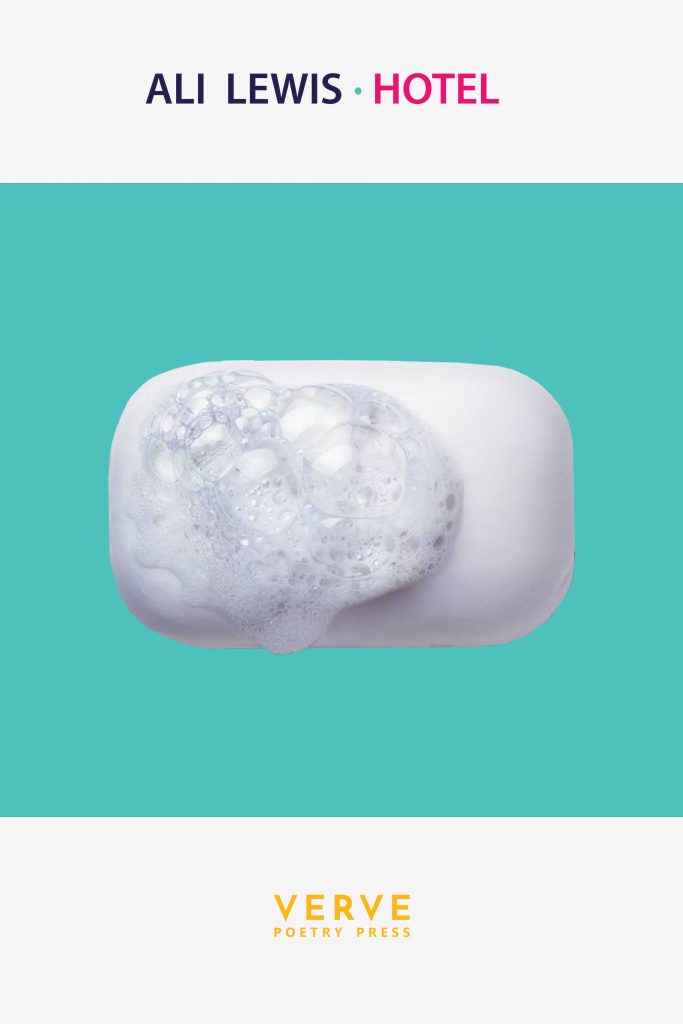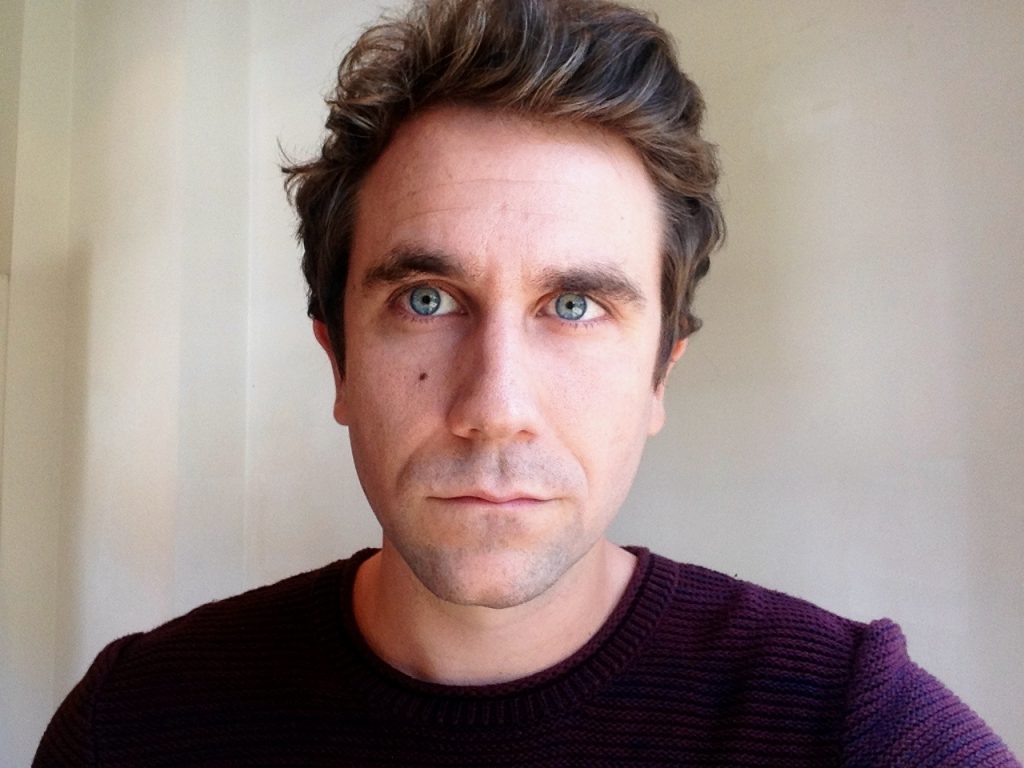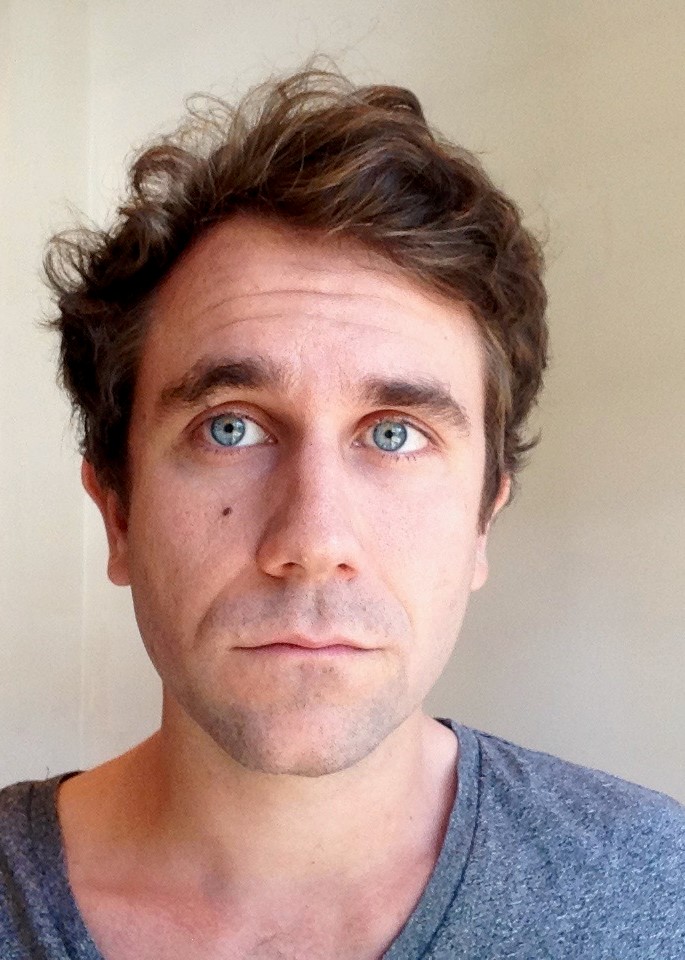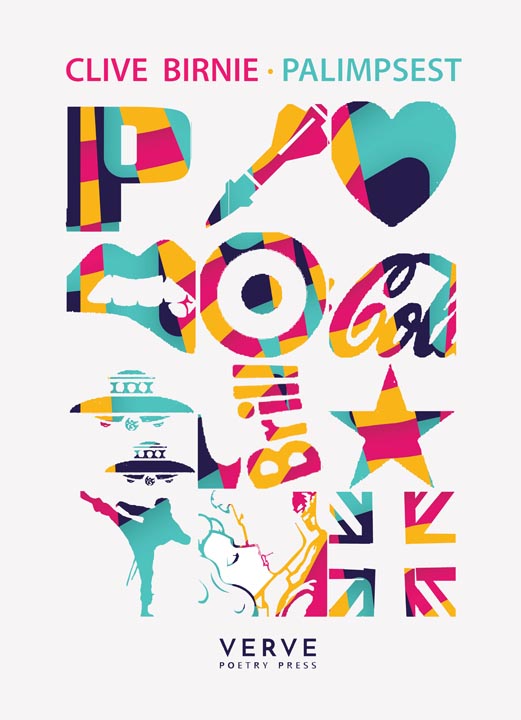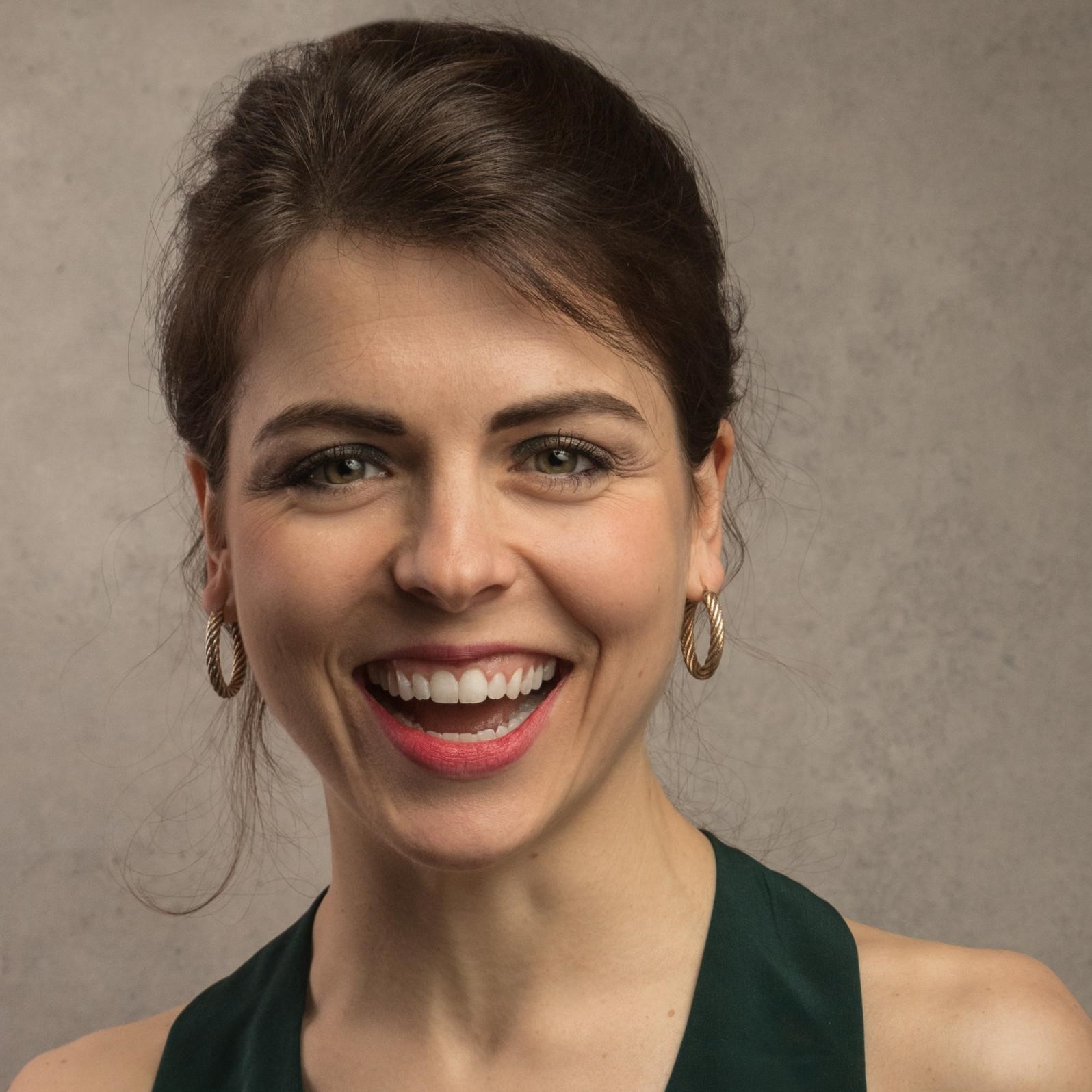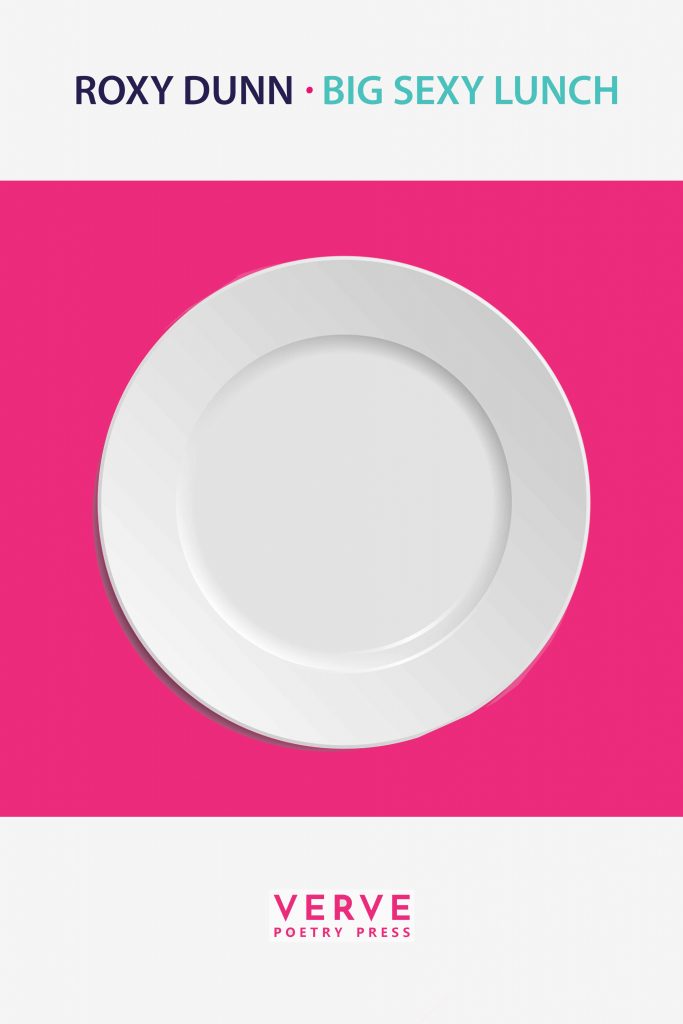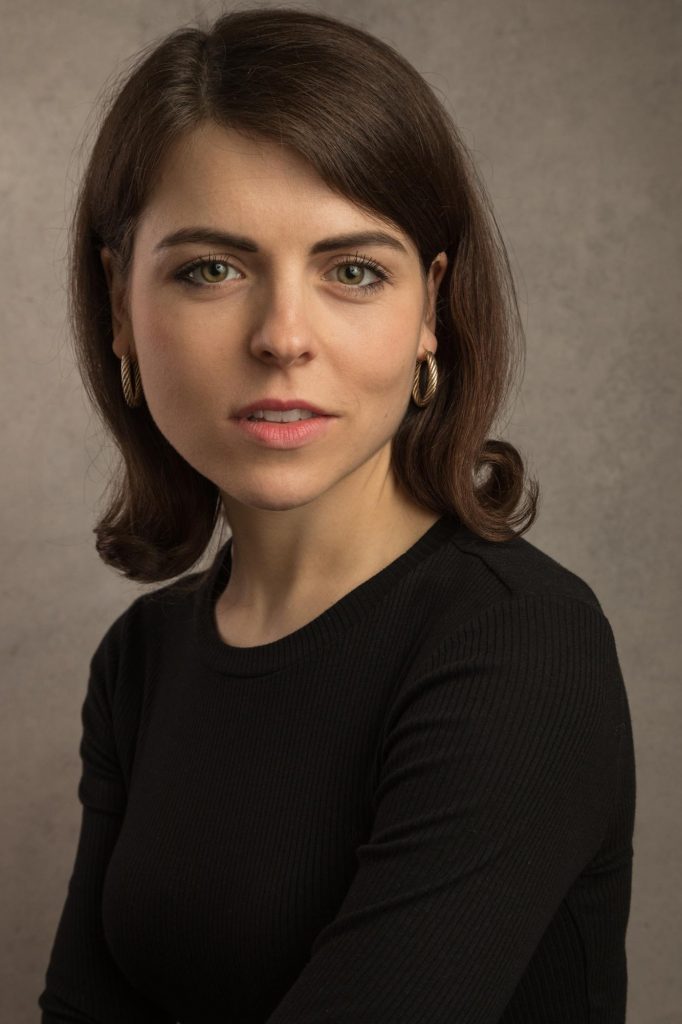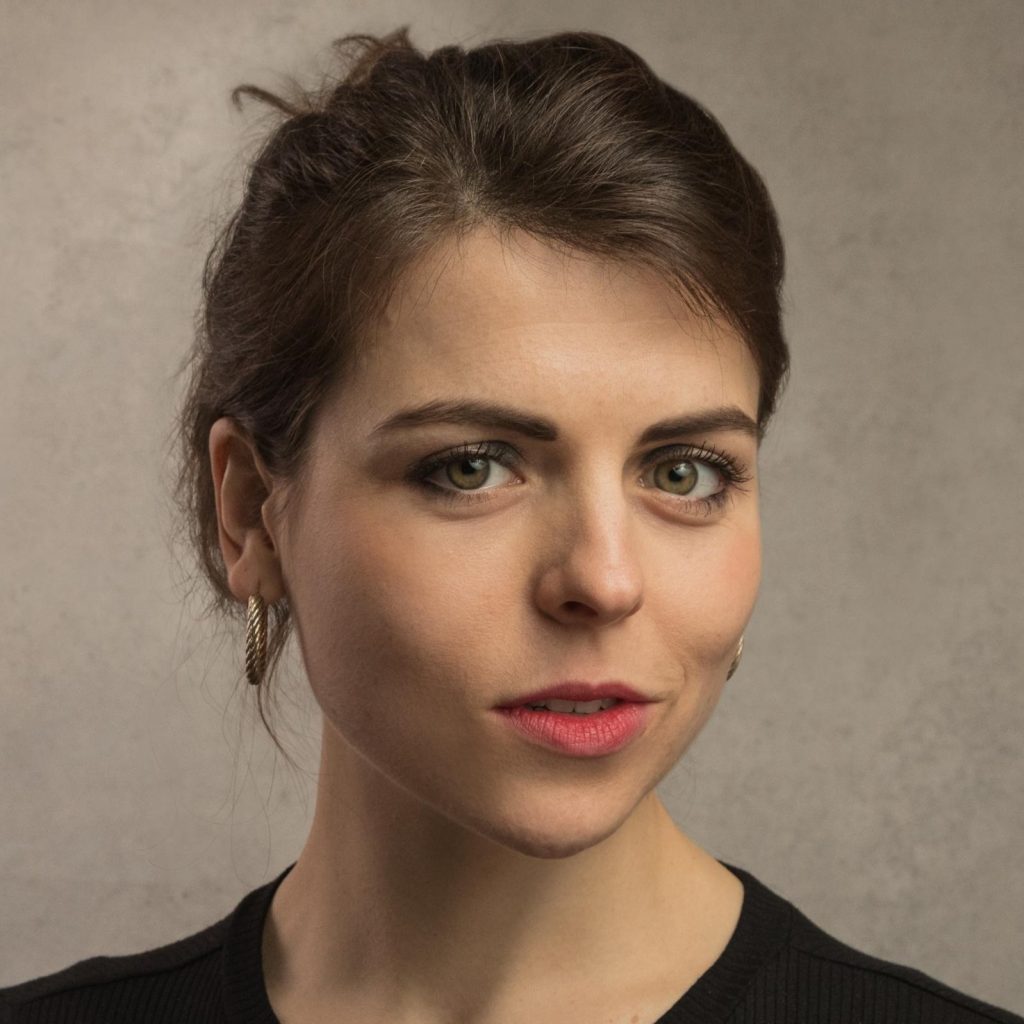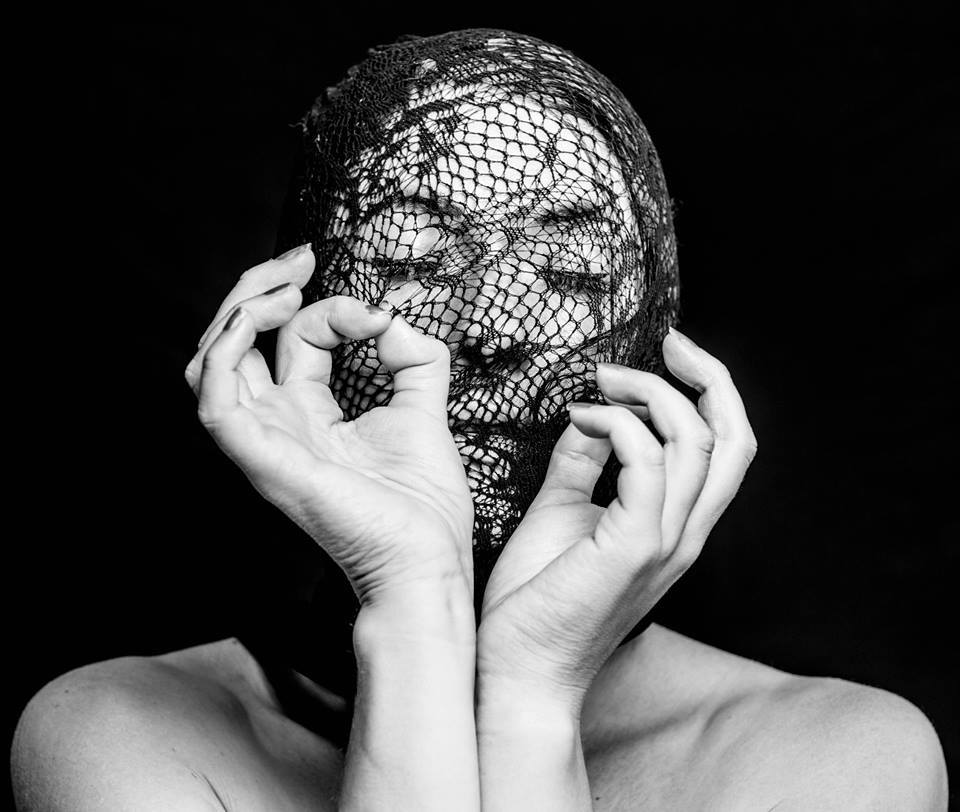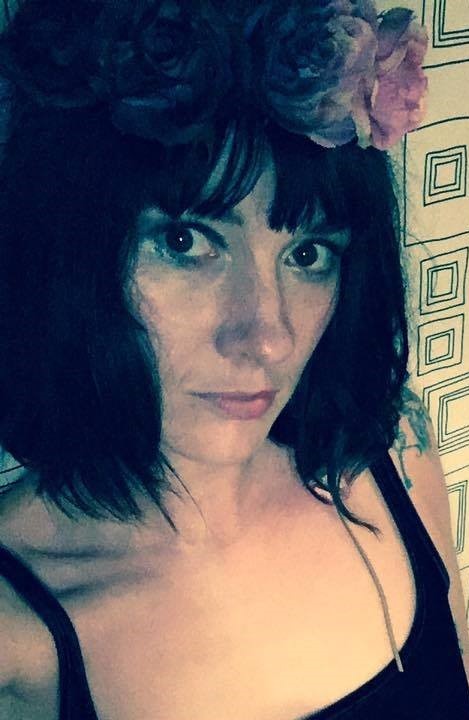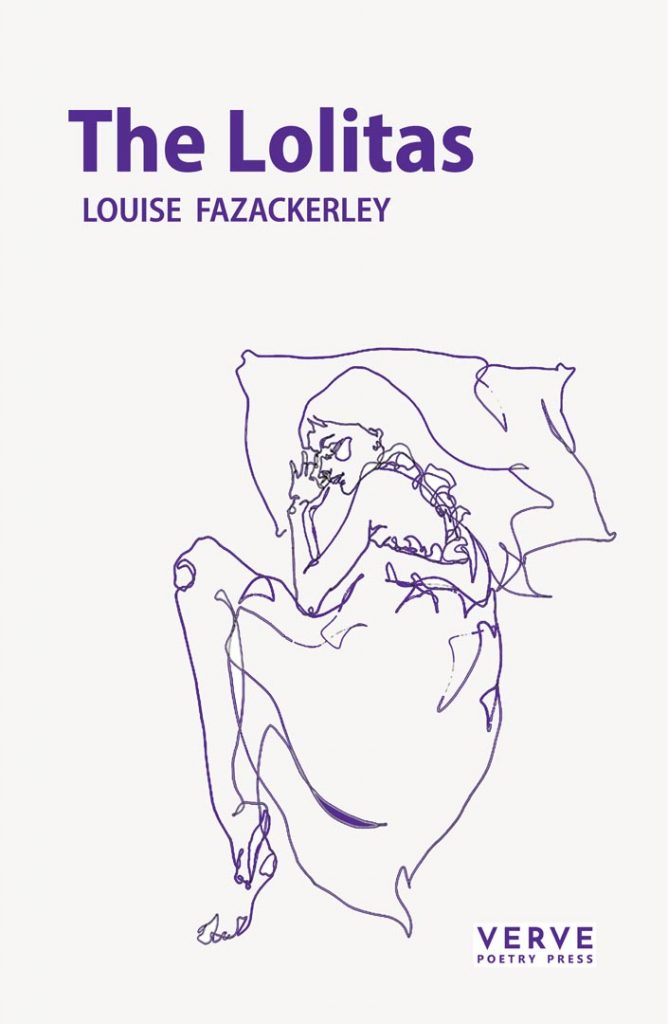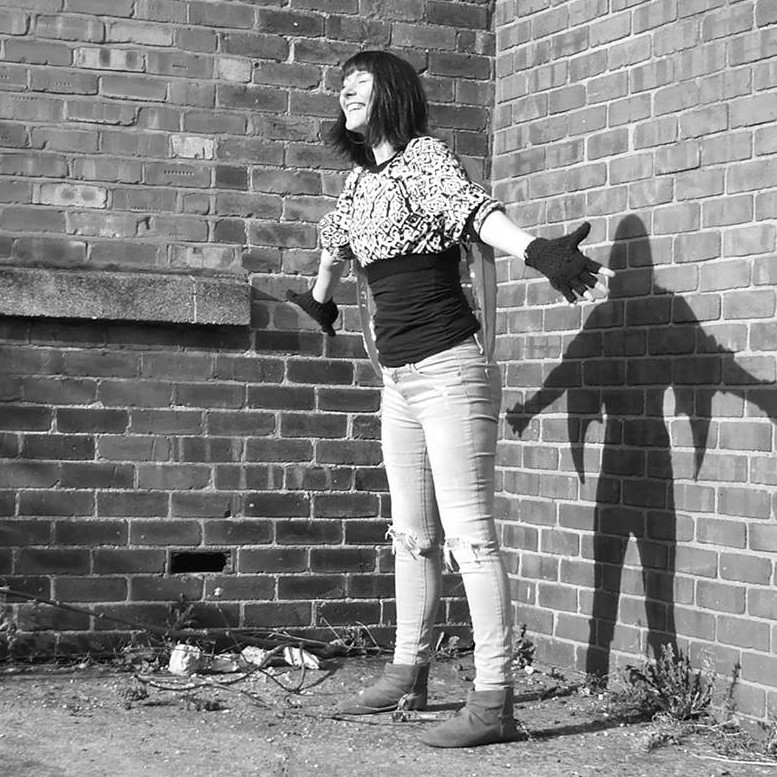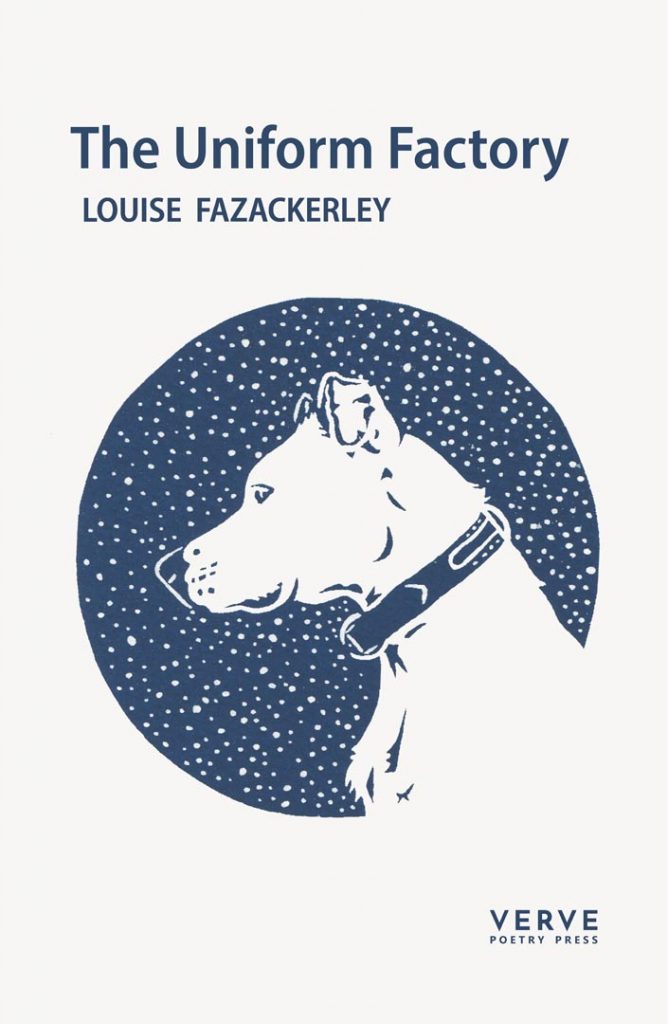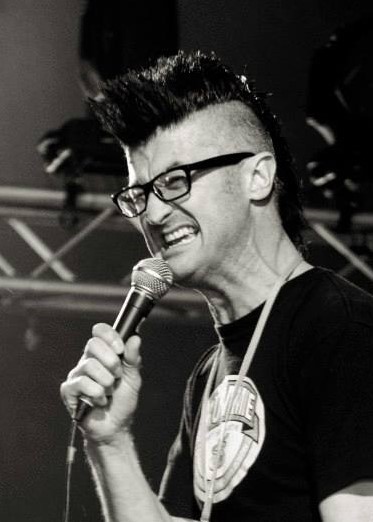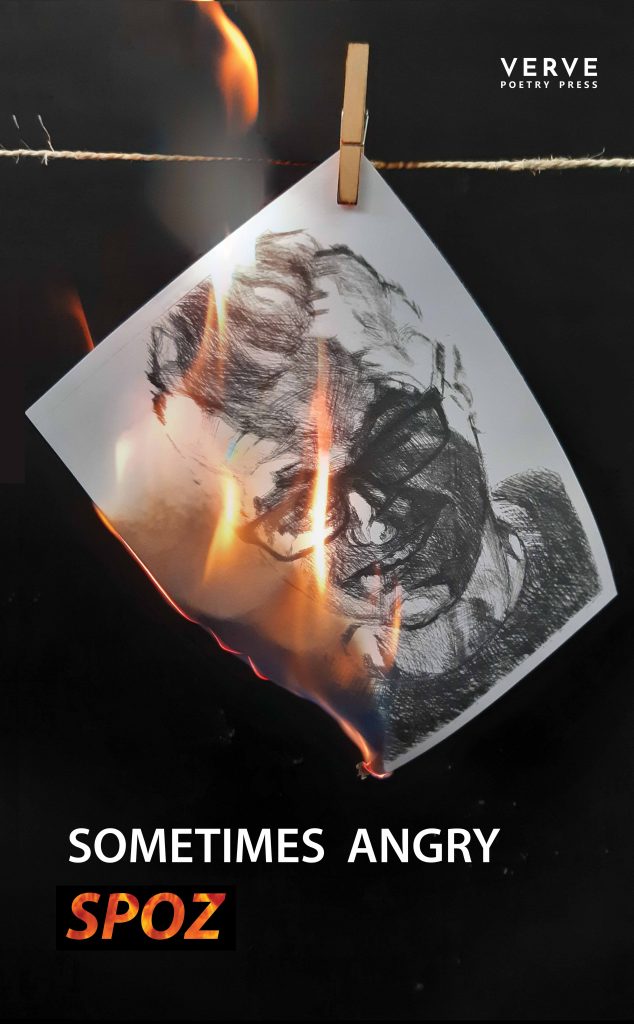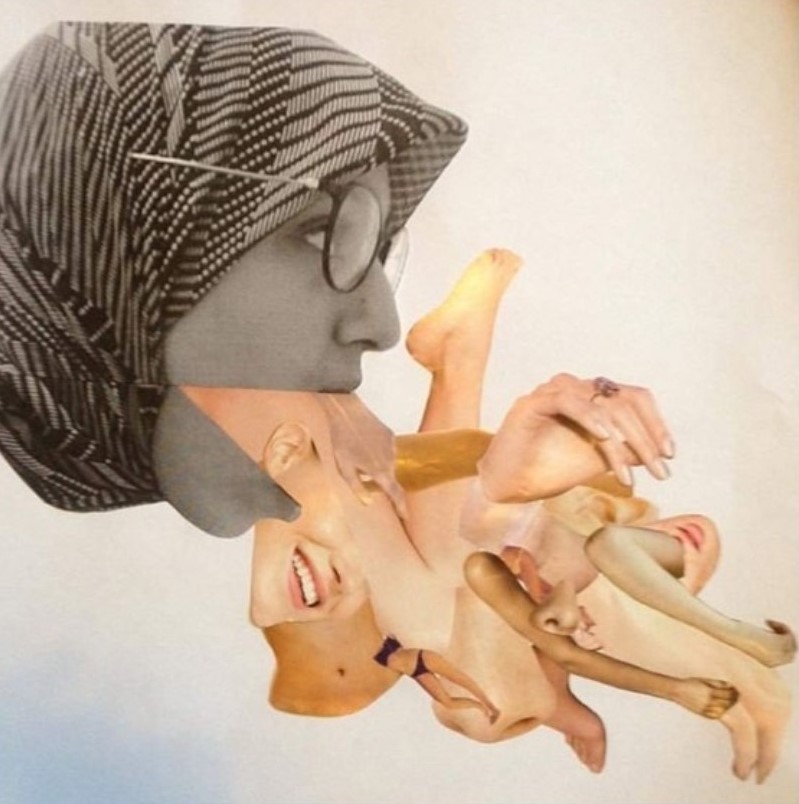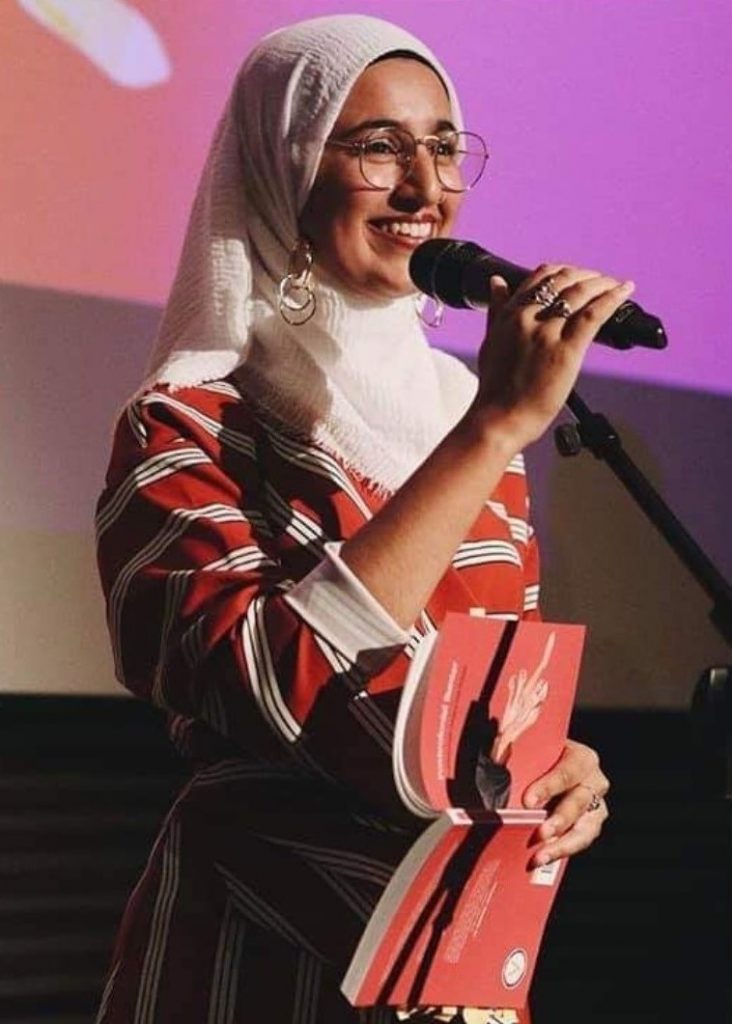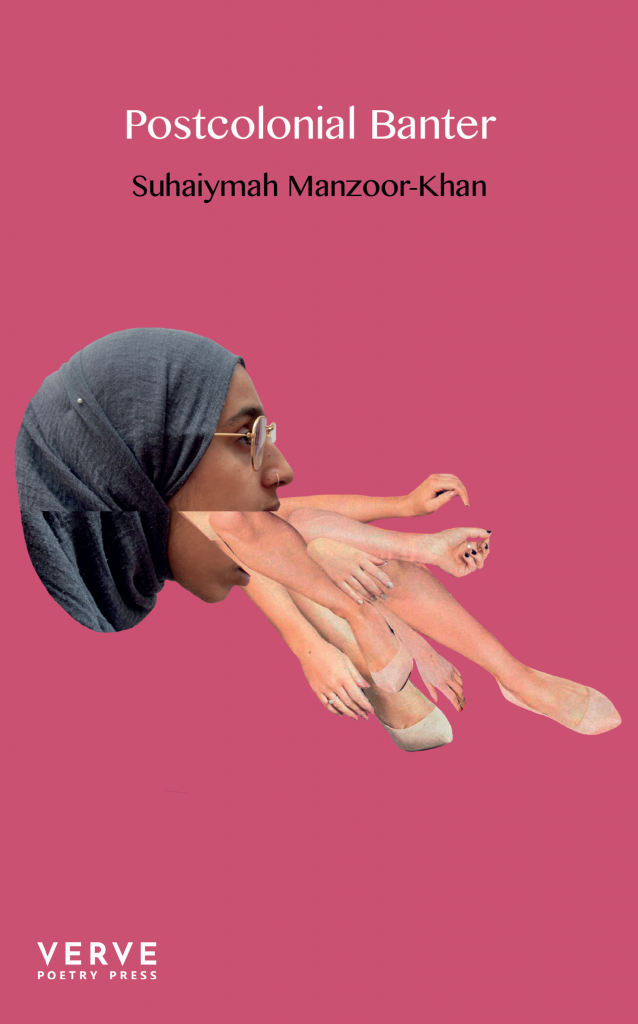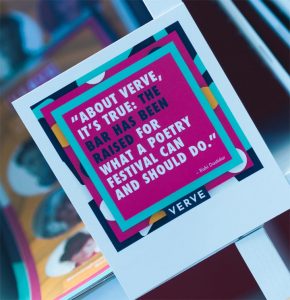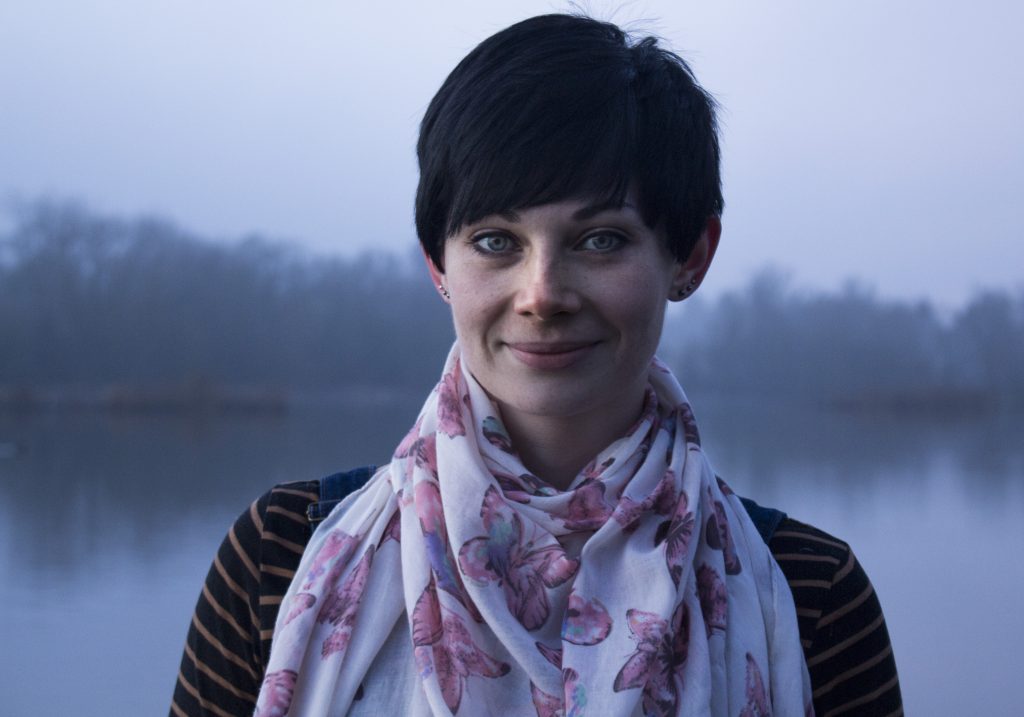
Jemima Hughes is a multi-slam winning performance poet who hurried on to the Birmingham poetry scene in March 2018, and swiftly hurried off again after showcasing five minutes of her ongoing mental health battle.
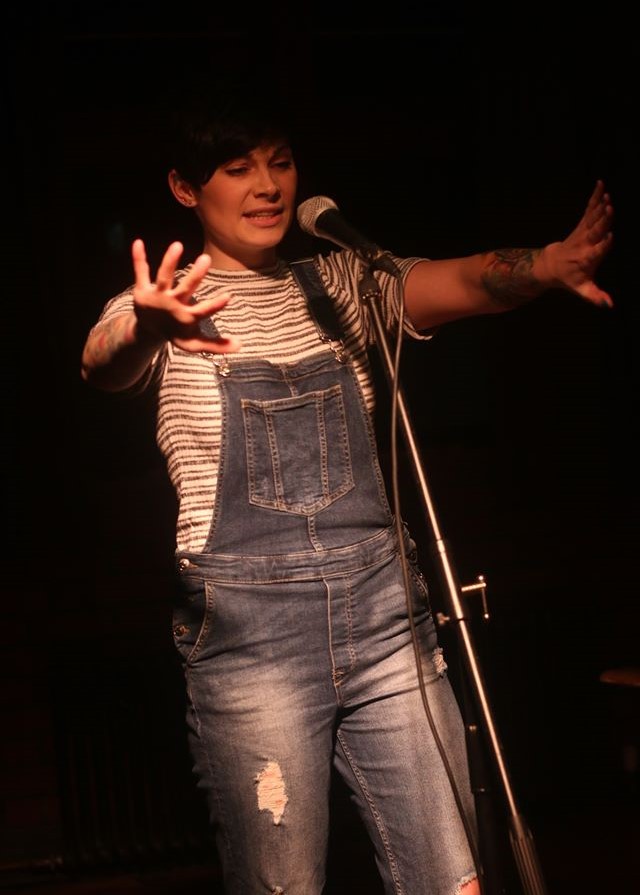
Previously an international trampo-linist and coach, Jemima strove to always support her participants emotionally as much as competitively. As reality hit that she was in need of support herself, she stepped away from her sport and lifelong passion to focus on her mental health. During her most conflicted days, she turned to writing poetry to express herself at a time when her verbal commun-ication was minimal, consequently finding a new passion. These days, Jemima has found her voice again,
mastered timing and rhythm, and has travelled across the UK and Ireland to headline multiple spoken word events. She now hopes that reading this book will help others in some of the ways that writing it has helped her.
Due out in July 2020, Unorthodox is Jemima’s lond awatied debut collection. As a perfomer she has been compared to a tornado – her words lifting you, spinning you around, her rhymes connecting with each other across space and heightened emotion. The lively poems in this work move you in similar ways, as Jemima leads you into a whirlwind of love and heartache, where struggle and abuse and paralyzing mental health issues are foreces to be reckoned with, subside momentarily, only to rise again. We are thrilled to have been able to pin these words down long enough to be consumed.
Unorthodox truly is a remarkable and powerful book of poems.

ABOUT JEMIMA:
“Jemima is a tour de force when it comes to spoken word poetry. She pulls no punches and is brutal yet beautiful in equal measure. Now she’s brought her work to the page. Treat yourselves. Read this collection and catch her live if you can.” – Giovanni “Spoz” Esposito.
“Storm Jemima is a surge of intensity gathering on your horizon. It is a tumbling of sentiments and sincerity of message, getting harder to ignore, always ready to drop. Nothing looks quite the same after it hits.” – Jasmine Gardosi.
“One of the most extraordinarily talented performers I have had the pleasure of seeing.” – Clive Oseman.
SAMPLE POEM:
DUST
You were created in this universe and you want to fit in?
Brewed in the heart of an explosion. Stardust.
A potential five hundred million planets
capable of supporting life, and we can’t all support each other on one.
A single quality (and I do mean quality) receives hate,
when 99.9% of species are already gone.
You are a black body.
A star,
absorbing all radiant energy,
emitting much more by far.
They believe they are the Sun,
which is to say, you are bigger and brighter.
The human eye factors in surrounding colours, so the appearance is whiter,
but the Sun is a green star.
A jealous ball of raging fire.
Your light breaks through turbulent atmosphere
illuminating the way for others,
the twinkle in your eye reveals every deflection,
causing a change of intensity in your colours.
They move like the billions of lifeforms on their skin
feast on champagne and caviar,
swim in oceans accommodating two hundred thousand different viruses,
but won’t gaze upon the beauty that you are.
Scared.
Scared they’re going to catch on,
catch themselves viewing rainbows in black and white.
Supernovas brought elements essential for survival,
and you are essential for this world to get survival right.
If someone looks at you like they want to fix you,
they will fall through the cracks,
not all star systems are binary,
and the cosmos exists naturally, it does not have to apologise for the way it acts.
Are you a galaxy?
With a black hole at the centre of you?
Black holes are very, very cold,
but galaxies will not be consumed.
Gravitational attraction pulls in matter,
this force works to ground you,
try to keep a stable orbit
until this force of nature is through.
One hundred and forty billion (or so) galaxies,
you’re not alone in this gloom.
And you’re about to be on fire
because when a flame is at its hottest, it appears blue.
13.8 billion years old
and getting more interesting by the day,
your age adds to your wonder,
it doesn’t take your worth away.
A teaspoon of neutron star weighs
about ten million tonnes,
and your weight, or size,
doesn’t dictate your levels of attraction.
More than twenty-four time zones means
you and your anxiety made it on time,
when you look into the starry sky you’re looking deep into the past,
so your punctuality after sunset is sublime.
Outer space is open to interpretation
and your silence is of tremendous value,
needing spectacles doesn’t make you a spectacle
when 95% of the universe is still out of view.
Survival on Earth is unnecessarily difficult,
and lives are so good at ruining lives,
but if we judge those who judge us we resolve nothing,
accepting our self is how we survive.
You see, you stand out against the back drop of this universe,
and almost all ordinary matter is empty space,
if someone struck a match on the moon, astronomers could spot the flame,
the right people will see you and your qualities will be embraced.
Finding flaws in someone else doesn’t make our own less visible,
throwing shade won’t change the shade of someone’s skin,
if you touch two pieces of the same type of metal together
in the vacuum of space, they will fuse.
And rainbows have always created a happiness within.
The static of a retro television
displays the Big Bang afterglow,
we won’t always have the correct channel of thought,
but the reason is bigger than we know.
The Sun rages, but it can still bring warmth and light,
and space has enough space for us all to progress.
At the bare bones of it we are all the same,
and if we are all simply dust, shouldn’t we clean up our mess?
From We’ve Done Nothing Wrong. We’ve Nothing to Hide: The Verve Anthology of Diversity Poems. Selected and Introduced by Andrew McMillan

